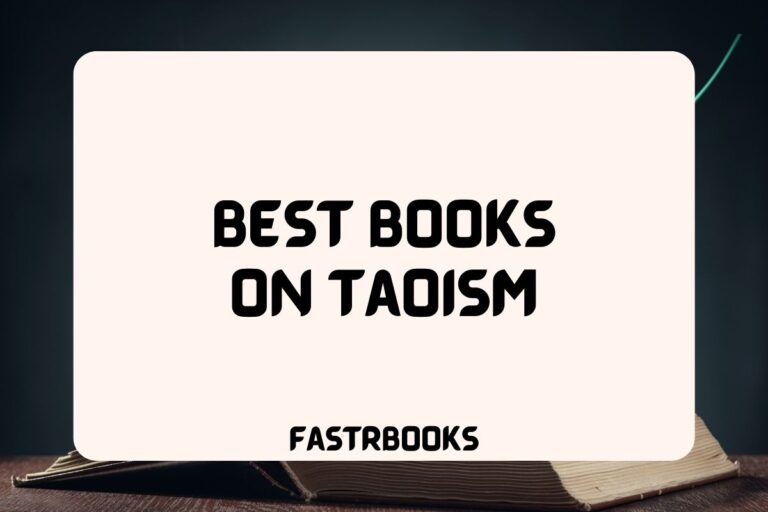10 Best Thomas Sowell Novels Ranked

Thomas Sowell is an American economist, social theorist, political philosopher, and author, known for his conservative views on economics and society. Born on June 30, 1930, in North Carolina, Sowell grew up in Harlem, New York.
He served in the United States Marine Corps during the Korean War and later attended Harvard University, where he graduated magna cum laude with a degree in economics.
Throughout his career, Sowell has written extensively on economic history, social policy, and racial relations. He is the author of more than 30 books, including “Basic Economics,” “The Vision of the Anointed,” “Economic Facts and Fallacies,” and “Intellectuals and Society.”
Here are ten of the best ones.
Best Thomas Sowell Novels Ranked
1. Basic Economics
“Basic Economics” is a comprehensive introduction to economic principles without the use of technical jargon or complicated graphs. Sowell explains how the economy functions in accessible language, covering topics from prices and markets to government intervention and international trade.
What makes it amazing?
This book stands out for its clear, concise explanations that make complex economic concepts understandable to readers with no prior knowledge of economics. It’s a testament to Sowell’s ability to educate on the importance of economic thinking in everyday life.
2. The Vision of the Anointed
In “The Vision of the Anointed,” Sowell critiques the assumptions, beliefs, and policies of what he terms the “anointed” — intellectuals and elites who believe their insight should guide social and economic policies. He examines various social issues, arguing that the policies favored by the anointed often exacerbate the problems they aim to solve.
What makes it amazing?
Sowell’s incisive critique of progressive policies and his examination of their unintended consequences offer a powerful argument for conservative and libertarian policy approaches, showcasing his prowess in political and social analysis.
3. Economic Facts and Fallacies
“Economic Facts and Fallacies” exposes common misconceptions about economic issues, including beliefs about race, gender, income inequality, and housing. Sowell uses empirical evidence to debunk widespread fallacies that persist in political and social discourse.
What makes it amazing?
The book’s strength lies in its use of empirical data to challenge widely held beliefs, making it a crucial read for anyone interested in understanding the empirical basis of economic policy debates.
4. Intellectuals and Society
“Intellectuals and Society” delves into the influence of intellectuals in shaping public opinion and policy on matters ranging from economics to justice. Sowell critically examines the track record of intellectuals in various fields, questioning the accountability and impact of their ideas.
What makes it amazing?
Sowell’s exploration of the often unchecked influence of intellectuals on society’s course provides a critical perspective on the power dynamics between public intellectuals and the consequences of their ideas.
5. The Quest for Cosmic Justice
In “The Quest for Cosmic Justice,” Sowell argues against the concept of “cosmic justice,” which he defines as the pursuit of societal fairness by any means necessary, often ignoring the principles of traditional justice. He warns against the dangers of such pursuits leading to increased societal divisions and injustices.
What makes it amazing?
This book is a compelling critique of utopian visions of justice, emphasizing the importance of adhering to principles of traditional justice to ensure fair and equitable treatment under the law.
6. Discrimination and Disparities
“Discrimination and Disparities” explores the complex factors contributing to disparities between groups, challenging the notion that disparities are primarily the result of discrimination. Sowell examines a variety of factors, including geographic, cultural, and behavioral differences.
What makes it amazing?
Sowell’s meticulous analysis offers a nuanced understanding of inequality, pushing back against simplistic explanations and highlighting the multifaceted nature of societal disparities.
7. Black Rednecks and White Liberals
In “Black Rednecks and White Liberals,” Sowell challenges conventional views on race, culture, and history. The book is a collection of essays that explore the cultural and behavioral patterns of Southern whites, which he argues have influenced African American communities.
What makes it amazing?
The book’s provocative thesis and its examination of historical and cultural influences on contemporary social issues make it a fascinating read that challenges readers to rethink assumptions about race and culture.
8. Wealth, Poverty, and Politics
“Wealth, Poverty, and Politics” examines the global distribution of wealth and poverty, analyzing geographical, cultural, social, and political factors that influence economic outcomes. Sowell challenges the notion that economic disparities are solely the result of exploitation or discrimination.
What makes it amazing?
This work provides a comprehensive overview of the complex interplay between various factors affecting economic success, showcasing Sowell’s ability to synthesize a wide range of data into coherent explanations.
9. A Conflict of Visions
“A Conflict of Visions” explores the ideological origins of political struggles, distinguishing between the “constrained” vision, which sees human nature as unchanging and social experiments as risky, and the “unconstrained” vision, which believes in human perfectibility and moral progress.
What makes it amazing?
Sowell’s analysis of the foundational beliefs that underpin political ideologies offers deep insights into the nature of political conflict and the philosophical underpinnings of policy debates.
10. Affirmative Action Around the World
“Affirmative Action Around the World” is a comparative analysis of affirmative action policies in various countries. Sowell examines the effectiveness and consequences of these policies, questioning their impact on reducing disparities and promoting social harmony.
What makes it amazing?
By comparing affirmative action policies across different national contexts, Sowell provides a global perspective on the debate, contributing valuable insights into the policy’s complexities and unintended consequences.






